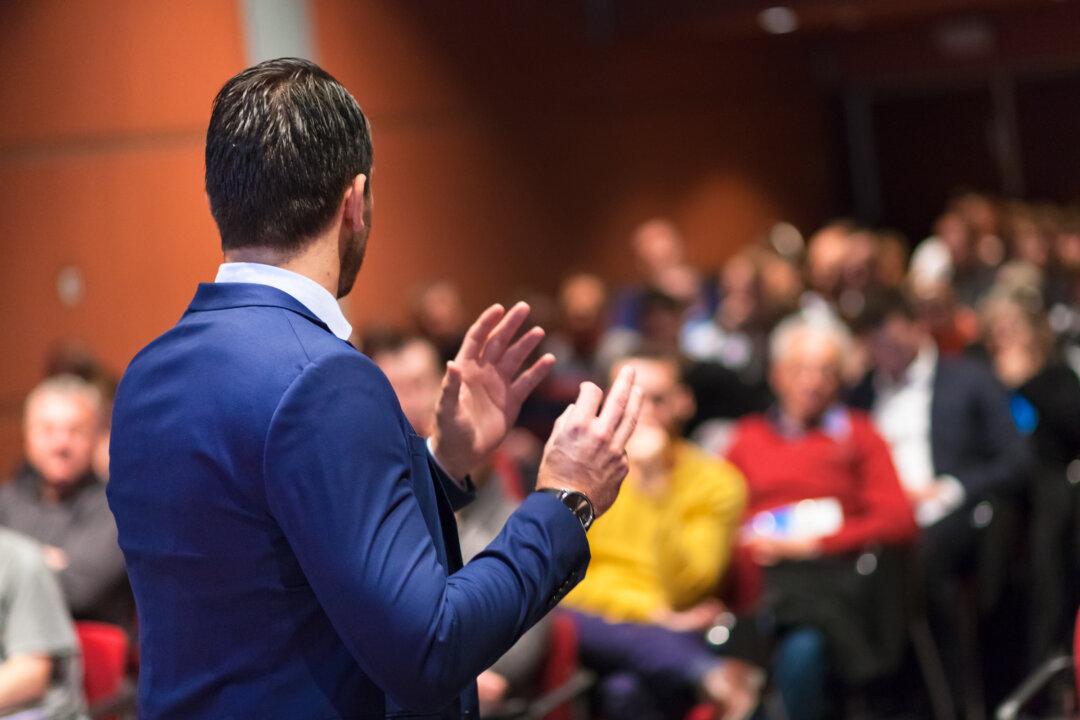Dr. Henry Cloud tells an interesting story about someone he worked with that wanted to make a friend accountable for a much-needed improvement in health.
Cloud inquired about what the man had done. “Oh, I continually call and remind him that he needs to exercise more. I cajole him about getting to the gym or going for a run.”
“And how has the reminding and cajoling worked out?” Cloud asked. “It hasn’t worked at all,” the man reported.
Cloud went on to explain, “Maybe that’s because you really aren’t helping him be accountable. Instead of calling, why not show up with your running shoes and ask your friend to go for a jog?”
It Isn’t About Doing
Helping people be accountable is more than identifying what they need to do; it is about clarifying what needs to be accomplished.‘What’ Rarely Works Without ‘Why’
People aren’t motivated by a goal; they are motivated by the reasons for achieving a goal. If I can’t see a benefit to be gained or a negative consequence to be avoided, why would I exert any effort to change?Find the Barriers That Need to Be Busted
If you are investing in another’s growth, you can help them by both identifying and then overcoming barriers. I’m not suggesting you do the work for them, but it can pay dividends if you do the work with them.Sure, it takes a lot more effort to go for a jog than to simply recommending jogging, but the difference in effectiveness is dramatic.
Never Confuse an Explanation With an Excuse
Our best efforts can be short-circuited by misguided benevolence. Sometimes we get explanations for failed results that we confuse for excuses.What’s the difference?
An explanation is a statement of fact about what happened. An excuse is a get out of jail free card.
Your son might punch his little brother. His excuse? Junior made him mad. Even before you read this, you would have said, “That’s no excuse.” So why do we let people off the hook for explanations disguised as excuses?
Be a Sermon Seen
There is an old familiar poem that says, “I’d rather see a sermon than hear one any day. I’d rather one would walk with me than merely show the way.” When you go beyond simply holding others accountable and help them through the process, you become a sermon seen rather than a sermon merely heard.When you help your son or daughter with their homework, not only does the homework get done, but also the child learns more in the process.
And when you help a colleague be accountable, you actively build into his or her success.








